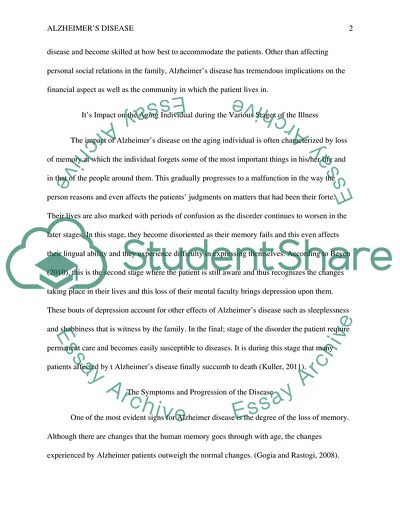Cite this document
(The Multi-faceted Effects of Alzheimer's Disease Research Paper, n.d.)
The Multi-faceted Effects of Alzheimer's Disease Research Paper. Retrieved from https://studentshare.org/health-sciences-medicine/1762398-the-multi-faceted-effects-of-alzheimers-disease
The Multi-faceted Effects of Alzheimer's Disease Research Paper. Retrieved from https://studentshare.org/health-sciences-medicine/1762398-the-multi-faceted-effects-of-alzheimers-disease
(The Multi-Faceted Effects of Alzheimer'S Disease Research Paper)
The Multi-Faceted Effects of Alzheimer'S Disease Research Paper. https://studentshare.org/health-sciences-medicine/1762398-the-multi-faceted-effects-of-alzheimers-disease.
The Multi-Faceted Effects of Alzheimer'S Disease Research Paper. https://studentshare.org/health-sciences-medicine/1762398-the-multi-faceted-effects-of-alzheimers-disease.
“The Multi-Faceted Effects of Alzheimer'S Disease Research Paper”, n.d. https://studentshare.org/health-sciences-medicine/1762398-the-multi-faceted-effects-of-alzheimers-disease.


